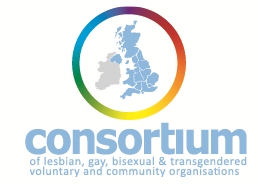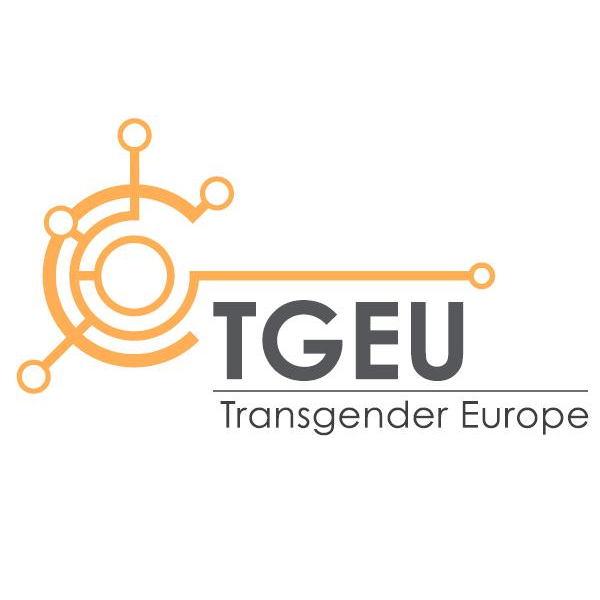This research identifies specific barriers that lesbian, gay, bisexual and transgender (LGBT) people in Wales may face accessing appropriate support for experiences of domestic abuse, stalking and harassment and sexual violence. The findings set out clear opportunities for the future development of services and more effective, inclusive practice.
Information from Website
The study involved an evidence assessment, qualitative interviews with 18 professionals and written submissions from 34 LGBT people across Wales.
Findings
The research found that LGBT people who experience domestic abuse, stalking and harassment and sexual violence may face specific barriers to accessing services. These included “individual barriers” related to their knowledge and perceptions, “interpersonal barriers” related to control and abuse from other people on the basis of their sexual orientation and gender identity, and “structural and cultural barriers” that related to the way existing services have been designed with the needs of heterosexual, cisgender(1) women in mind.
(1) Cisgender- People who are not transgender: they experience a match between their bodies, personal identity and the gender they were assigned at birth.
Recommendations
- Flexible and confidential access.
- LGBT inclusive services.
- Informed and diverse staff.
- Monitoring and evaluation.
- Further research.









